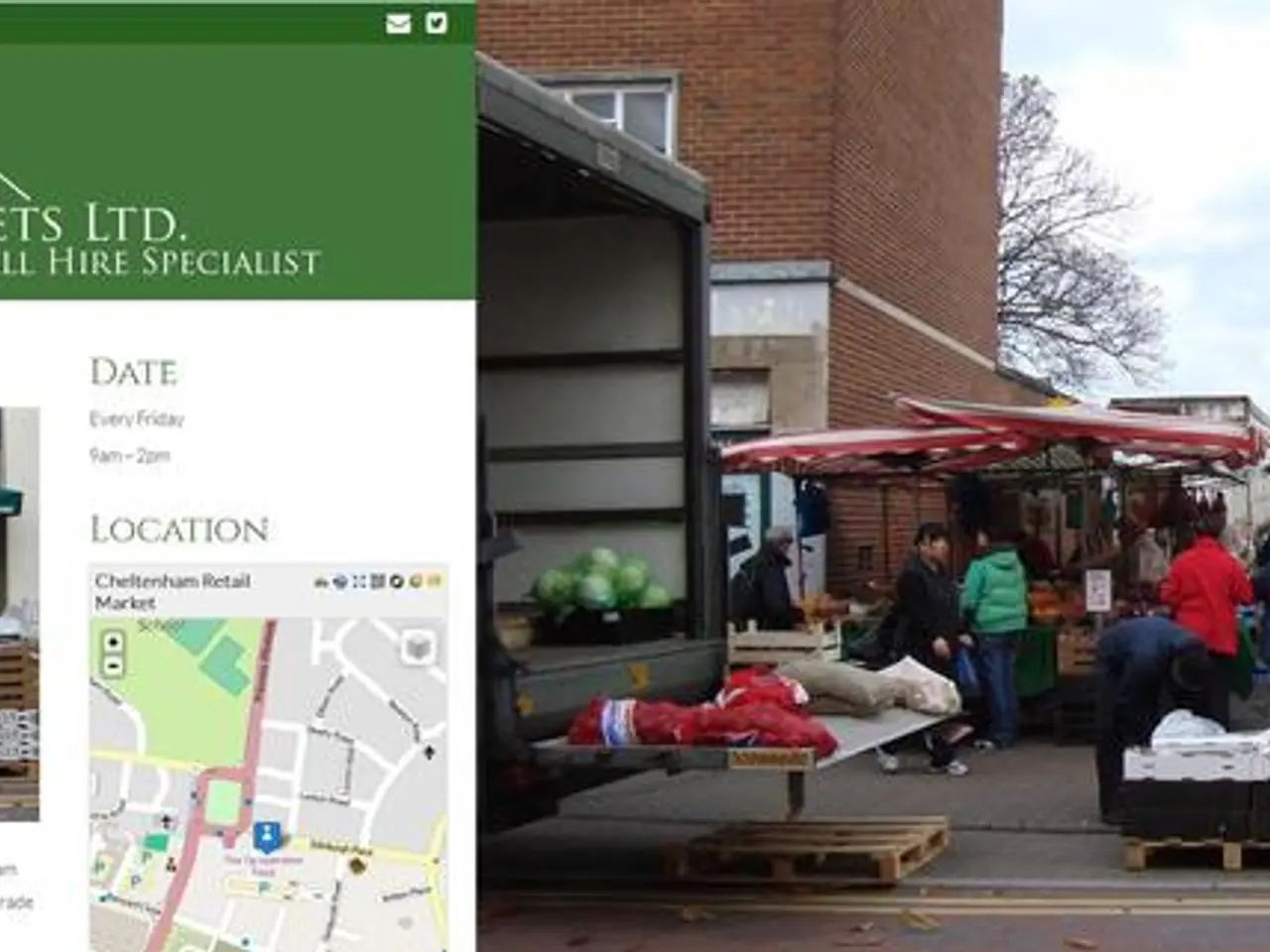- Expanded State Finances in Berlin
Berlin, the vibrant city-state of Germany, is set to witness a substantial shift in its budgetary allocations for the years 2026 and 2027. The proposed budget, which represents a considerable increase compared to the current year, reflects a strategic approach towards investment and consolidation.
## Key Changes in the Budget
The proposed Berlin state budget for 2026 stands at 43.8 billion euros, marking a notable rise from the less than 40 billion euros in the current year. This figure is further projected to increase to 44.6 billion euros in 2027. To finance this expansion, Berlin plans to incur new debt totaling 3.9 billion euros in 2026 and around 3.8 billion euros in 2027.
## Contributing Factors
Increased personnel costs are a major factor contributing to the budget increase. Personnel costs are projected to exceed 13 billion euros in each of the next two years. Additionally, there is a significant rise in social expenditure, which includes maintaining free childcare facilities and after-school programs.
The budget also includes investments in infrastructure and environmental initiatives, such as digitalization, modernization of equipment for police and fire services, school construction, and climate protection. These investments are supported by new borrowing.
Berlin is also benefiting from a federal multi-billion euro loan program for future investments, with 5.2 billion euros allocated over twelve years.
## Focused Areas of Investment
Housing construction will see significant funding, with a focus on addressing the city's growing housing needs. The transportation infrastructure is also set to see investments, with a focus on investments in public transport, bridge, and road construction.
Universities and cultural institutions will receive "transformation allowances" of 20 million euros each. Each district is set to receive 50 million euros per year from this fund.
## Managing the Increased Debt
Recipients of public funds can expect cuts below the global budgets. The chairman of the SPD parliamentary group, Raed Saleh, defends the planned new debt, stating that the budget plan aims to invest strategically and "consolidate in a measured way."
Berlin is projected to spend 1.6 billion euros per year solely on interest in 2027. Despite this, the coalition does not plan to declare a state of emergency due to increased costs for housing, care, and integration of refugees.
The global sums that the city transfers to the districts annually will increase to 9.6 billion euros in 2027. This increase is expected to support the districts in their efforts to address local needs and contribute to the overall development of the city.
[1] [Source: Senate Department for Urban Development and Housing](https://senstadt.berlin.de/presse/pressemitteilungen/1041063-senatsverwaltung-stadtentwicklung-und-wohnungswesen-haelt-haushaltsplan-fuer-2026-vor)
[2] [Source: Tagesspiegel](https://www.tagesspiegel.de/politik/berlin-haelt-dreistellige-milliarden-neuen-schulden-auf/28779372.html)
[3] [Source: Berliner Morgenpost](https://www.berliner-morgenpost.de/politik/berlin/berlin-hat-neue-milliarden-schulden-zu-zahlen-und-kann-nicht-mehr-groesse-sparen-44635106)
- The employment policy in Berlin is expected to receive significant attention in the upcoming years, with budget allocations for personnel costs projected to exceed 13 billion euros in 2026 and 2027.
- In her attempt to manage the increased debt from the budget expansion, the chairperson of the SPD parliamentary group, Raed Saleh, asserts that the budget plan aims to invest strategically and consolidate in a measured way.
- The proposed Berlin state budget for 2026 and 2027 showcases a new focus on personal-finance matters, with expenditure projected to increase in areas such as housing, transportation, and social services like free childcare facilities and after-school programs.




